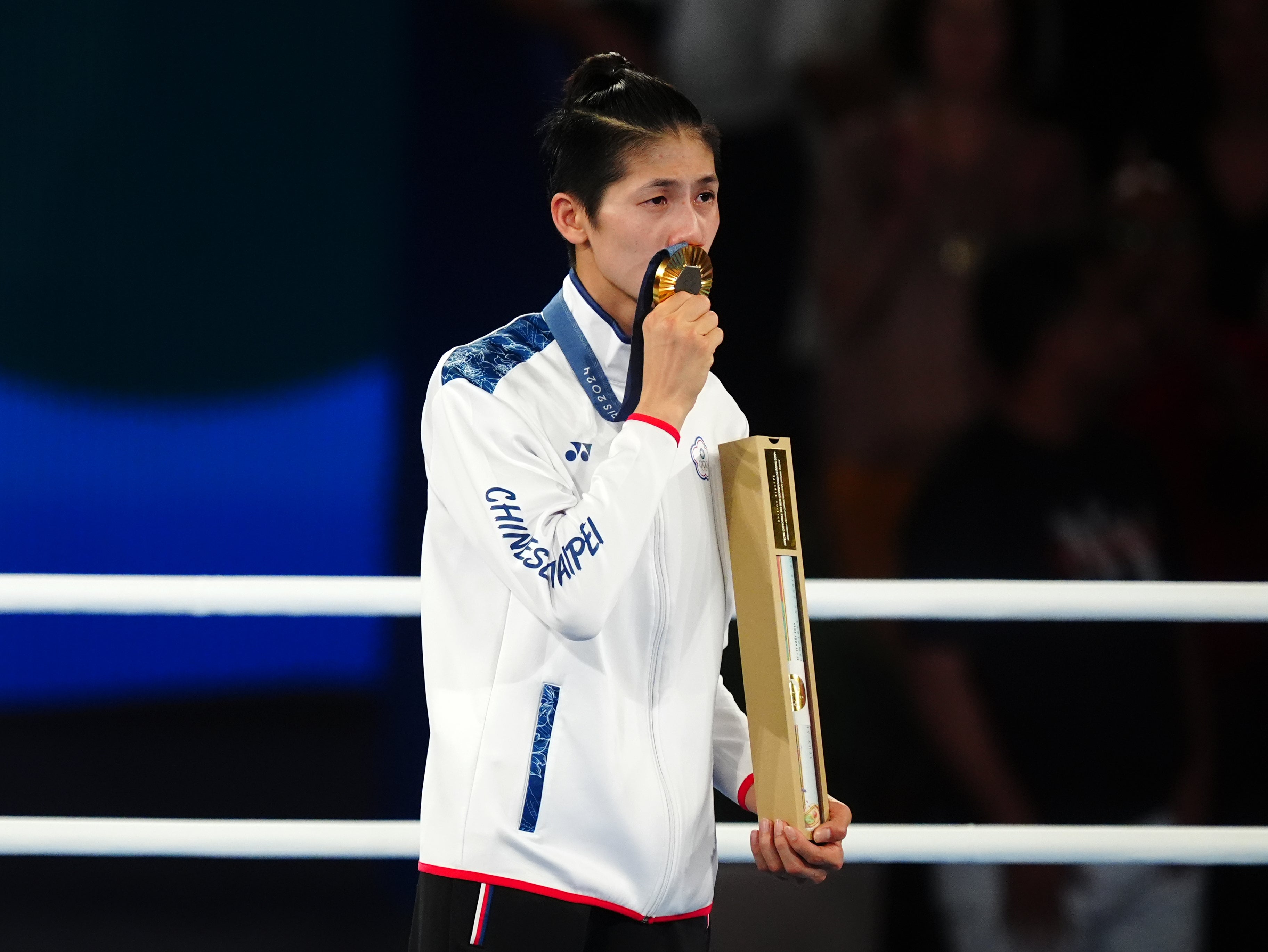Mandatory genetic testing in sport ‘not justified, ethical or viable’, say academics

Join Our Free Sports Newsletter For Updates!
Subscribe To Our Free Sports Email For Updates
Subscribe For The Latest Sports News Free!
I’d like to receive emails regarding promotions, events, and news from The Independent. Please take a look at our privacy policy.

A group of scholars argues that requiring sex chromosome testing in sports is not warranted, morally right, or practical.
The issues of safety and fairness in women’s sports were significant discussions during this summer's Olympic Games, especially highlighted by the performances of boxers Imane Khelif and Lin Yu Ting, who both won gold medals in the women's welterweight and featherweight divisions, respectively.
Last year, the International Boxing Association disqualified some fighters from its World Championships due to claims that they didn't meet gender eligibility requirements. However, the organization did not present any solid proof to back this up at a press conference held during the Games.
The International Boxing Association (IBA) lost its recognition from the International Olympic Committee (IOC) due to issues with its management. As a result, the IOC took control of the Olympic boxing events in Paris and established the qualifying requirements for the competitions.
During the Games, a team of scientists published an editorial in the Scandinavian Journal of Medicine and Science in Sports (SJMSS) suggesting the implementation of sex chromosome testing. They expressed increasing worry about athletes with XY differences in sexual development (XY DSD) competing in women's sports.
On Monday, a different set of experts raised concerns about the suggested testing system in an editorial featured in the same journal.
The team, featuring Professor Alun Williams from the Manchester Metropolitan University Institute of Sport, initially pointed out that there is no clear evidence showing that athletes with XY DSD have a competitive edge.
Additionally, they argue that if the initial editorial’s suggestion for “early” testing at the sub-elite level is to be effective, it should involve young athletes. They note that the issues that caused genetic testing to be halted in 1999 still exist and have intensified due to the significantly larger population of younger athletes who would be included in this proposed testing system.
The article suggests that these tests are easy to manage, highlighting points like 'personal consent, privacy, and respect... just a simple cheek swab... routine medical practice.' However, the organization argues that these promises overlook the significant issues that such a testing system would create.
They contend that the proposed requirement for mandatory genetic testing to qualify for sports would mean that "young athletes wouldn't really have a true choice," and that some might face intrusive examinations by gynecologists.
"Consent is essentially an ultimatum: either take the test or you're barred from competing in women's or girls' sports, even in non-elite categories," they stated.
They also raise concerns about who would fund and develop the "global network of counseling specialists" needed to run a morally sound genetic testing initiative.
"They posed a question about how to handle the impact on young athletes' sense of self and self-worth, as well as the concern it raises for their families, particularly for those who are receiving ongoing clinical assessments and genetic testing."
"The responsibility for ensuring the safety of these athletes will rest with the sports federations that require these evaluations, but there's little chance that they will be able to meet this obligation."
The latest editorial wraps up by stating, “There needs to be a wide-ranging conversation in order to create better regulations. Nevertheless, the suggested requirement for mandatory testing for all young women and girls in sports lacks support from scientific data, is questionable from an ethical standpoint, and isn’t realistic in terms of implementation.”
Khelif submitted a formal complaint to French officials regarding the online harassment and mistreatment she experienced while participating in the Olympic Games.
On Monday, the SJMSS published a reply to the editorial from the Williams group.
The response indicated that the Williams group seemed to have adopted a principle of "no assumption of benefit" when it comes to XY DSD athletes.
They claim that research indicates that athletes with specific XY differences in sexual development have male reproductive organs and testosterone levels that fall within the male range. This testosterone responsiveness enhances masculine characteristics. Additionally, such athletes are found in female sports at a rate 140 times greater than in the general population, and their performance diminishes when testosterone levels are lowered.
"As a result, athletes with these XY DSDs have certain advantages in male athletic performance," said a group that includes sports scientist Ross Tucker.
They also dismissed the notion that testing should be conducted on young individuals.
“We think that eligibility checks should take place early in an athlete's journey to safeguard their privacy and respect their dignity, preventing the ethical mistakes made in the past,” they stated.
In their concluding remarks, they stated, "We think that implementing a more extensive screening method, along with additional checks in uncommon situations, is backed by scientific evidence, morally acceptable, and practical to carry out."











































